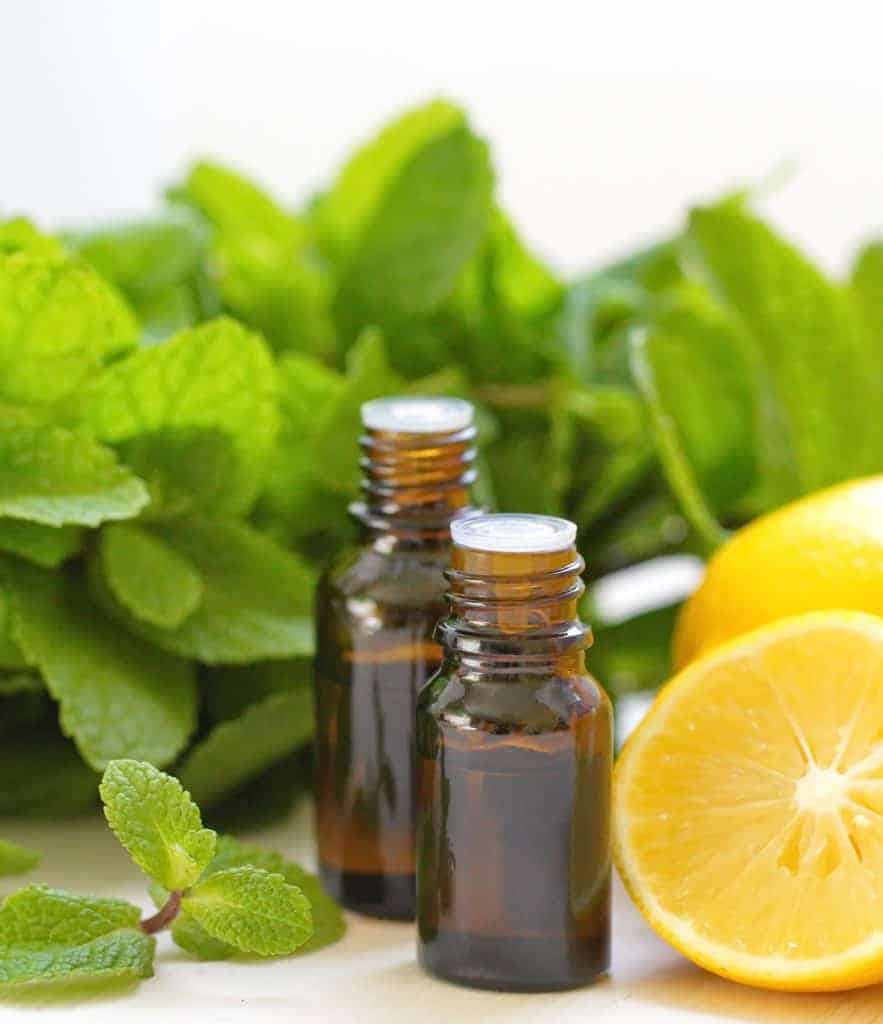Oil gets a bad rap. You think of how shiny you look in pictures. That annoying light on your dash that reminds you that your car needs attention. The bland partner of vinegar when you’re on an all-salad diet. It’s at the top of the food pyramid with all the fats and candy. It’s the cause of wars in foreign countries! And when we tell you it can be healthy for you, you probably shudder at the thought that we’re about to tell you about fish oil. But quake no more. Just hear us out. We are talking about essential oils and how they are essential to improving your everyday life.

Listen to Your Nose
Close your eyes. Just not immediately. You need to know what to do first. Think of sniffing your mom’s perfume. A freshly peeled orange. A bouquet of roses. Close your eyes and think of any of these things. Now!
Bet you’re smiling already. Essential oils are the key to that smile. What made your lips form that upward curve was thinking about the aroma of the perfume, orange, or rose. The last time you smelled these things, it was probably a positive experience. The realization that scents can improve your overall well-being is the phenomenon behind the ever-growing practice of aromatherapy.
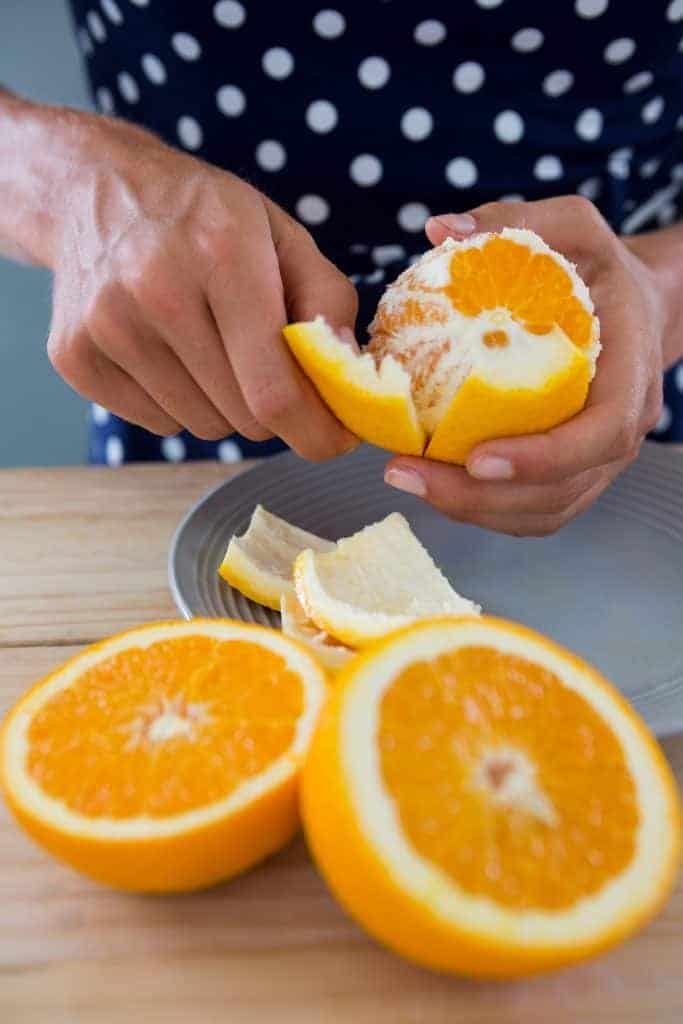
Aroma: Survival of the Fittest
Plants have been around since the beginning of time, and many have gone extinct. They evolved into what survives in today’s climate. Like how our ancestors, the Neanderthals, are no longer on this earth. We evolved from them. We learned to communicate, start fire, and plant crops to exist today. Plants had to go through the same sort of process.
Except in order to survive, plants don’t cook food or write articles like this. Instead, they created their own survival techniques by forming chemical compounds called terpenes. These are what give plants, fruits, and herbs their scent. The bark, roots, and leaves of plants that would otherwise get eaten by insects created an aroma that could repel their predators. However, plants need to be pollinated in order to grow. So, the fruits and flowers developed succulent aromas that seduce pollinators like hummingbirds and bees. The source of these scents? The plant’s volatile oils. Or as we know them, essential oils.
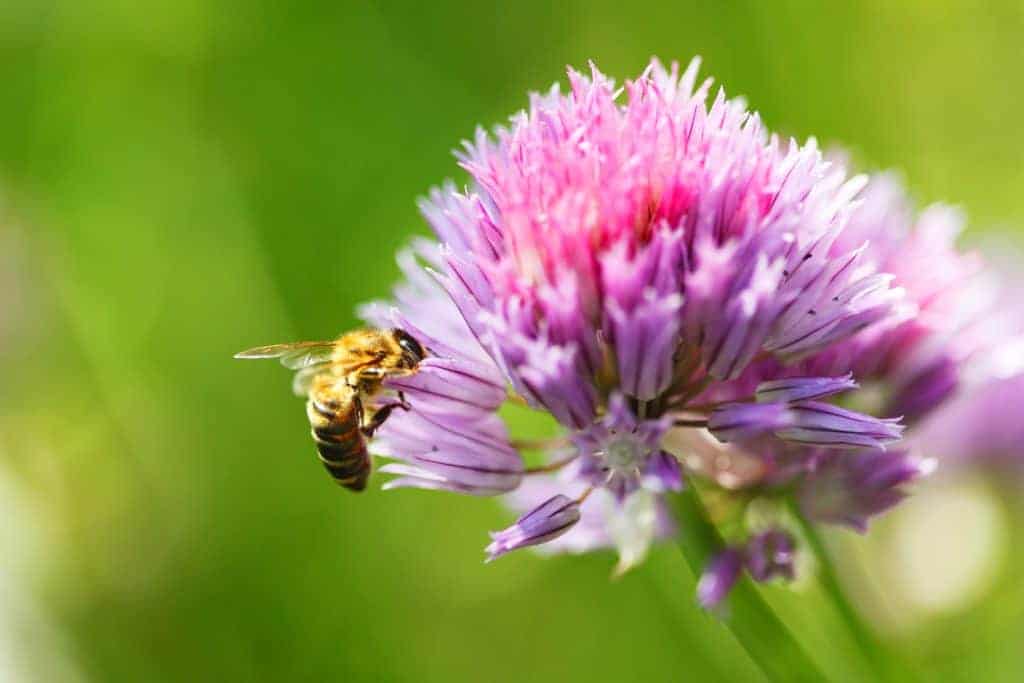
Essential Oils in Eastern Medicine
Plants have been around since the beginning of time. No one can pinpoint who was the first to discover that plants offered more than beauty in nature. However, Egyptians, Chinese, and Indians were all using essential oils for medicinal, cosmetic, and spiritual purposes dating back as far as 2000 BCE. The Chinese burned incense to promote a sense of balance. Egyptians would embalm the dead using cedarwood. Heck, even tomb raiders discovered that King Tut had been buried with bottles of essential oils!
The oldest medical text on record was believed to have been penned in 2006 BCE. It was Huangdi Neijing’s book, The Yellow Emperor’s Classic of Medicine. This piece of work has over 365 uses of plants for medicinal use. Soon after, the Romans, Spaniards, and Greeks would begin using the oils of plants for healing processes. Hippocrates, a Greek physician, has been deemed “The Father of Medicine.” He stated that, “The key to good health rests on having a daily aromatic bath and scented massage.”
French chemist, René-Maurice Gattefossé, coined the term “Aromatherapie” in 1937 when an explosion in his laboratory caused gangrene to grow on his hand. Frantic, he stuck his affected appendage in the closest liquid. That liquid proceeded to heal his hand and forever change the game of holistic healing. That liquid was lavender oil. And modern aromatherapy was born!
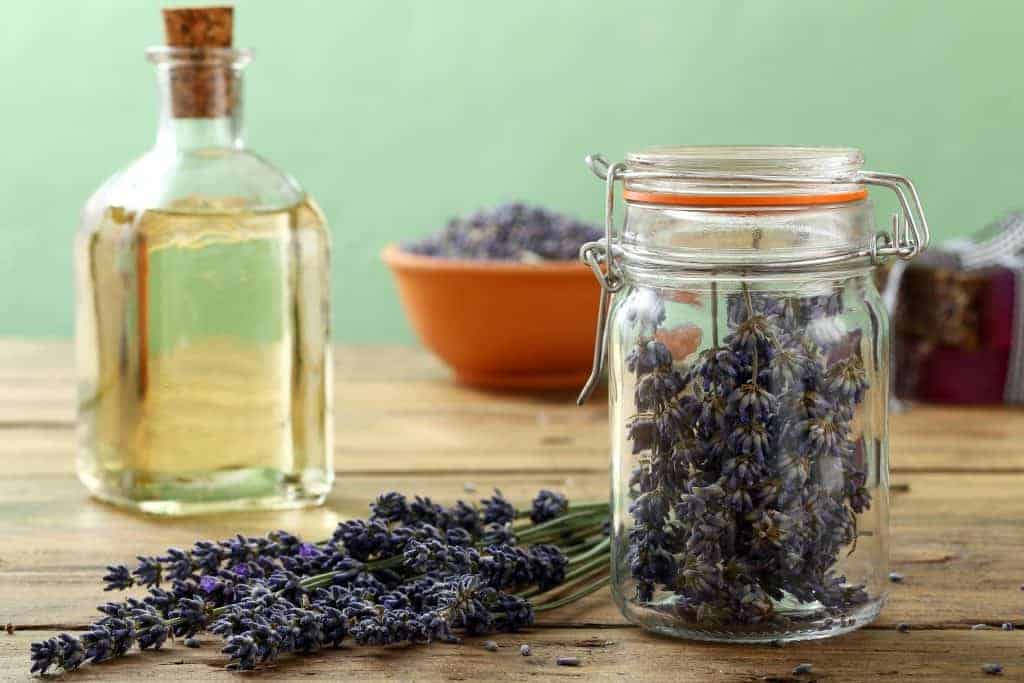
From Plants to Oils, From Oils to Brains
Now how does a plant go from being a solid, living object sprouting from the ground to a liquid that dissipates into thin air when unleashed from a bottle? There are two natural, chemical-free methods that are commonly used: either steaming or cold-pressing plant matter. When either of these processes happen, aromatic compounds are released from the plant’s cellular membranes. All the released oils are collected for bottling.
Choosing USDA Certified Organic oils helps ensure you are receiving the maximum benefits of essential oils without the chemicals used in conventional growing methods. If pesticides and herbicides were used in growing the plant, residue from the toxins may still linger in your oils. When essential oils are certified organic, you do not run the risk of introducing those harmful chemicals into your body.
Once essential oils are bottled, they are ready to be bought and put to use. So now what? You can steam, diffuse, dilute, or inhale straight from the bottle. The way this all works is that when your nose is greeted by the scent of an essential oil, it signals neurons in the nasal cavity. These neurons are greeted by the armed guard to the brain – the olfactory bulb.
At the olfactory bulb, the messages of the neurons are interpreted and then sent along to the brain. The brain receives the messages of the scent, interprets them, and then sends a message throughout your body that affects your overall sense of well-being. Feeling a little nauseated? Diffuse some peppermint oil and inhale. Your brain’s reaction to the chemicals in peppermint may have the abilities to soothe your queasy stomach.
When a scent reaches your olfactory bulb, it is also given a ticket to a part of the central nervous system that many chemicals can’t reach – the limbic system. This is the area of your body that stores your memories and emotions. Remember when you closed your eyes and smiled at the memory of your mother’s scent? That’s because in your limbic system, happy memories of your mother and her smell are stored for safekeeping. You now react to that scent favorably because of the memories with which it is associated.
Your limbic system also spreads feelings of calm when you inhale orange oil. A study was conducted involving 72 people awaiting a dental treatment. Prior to the treatment, half of the volunteers were left in a room where orange essential oil was diffused. The other half had no odor exposure. Results indicated that the patients in the room where the orange oil was being diffused had less anxiety, and a happier disposition.
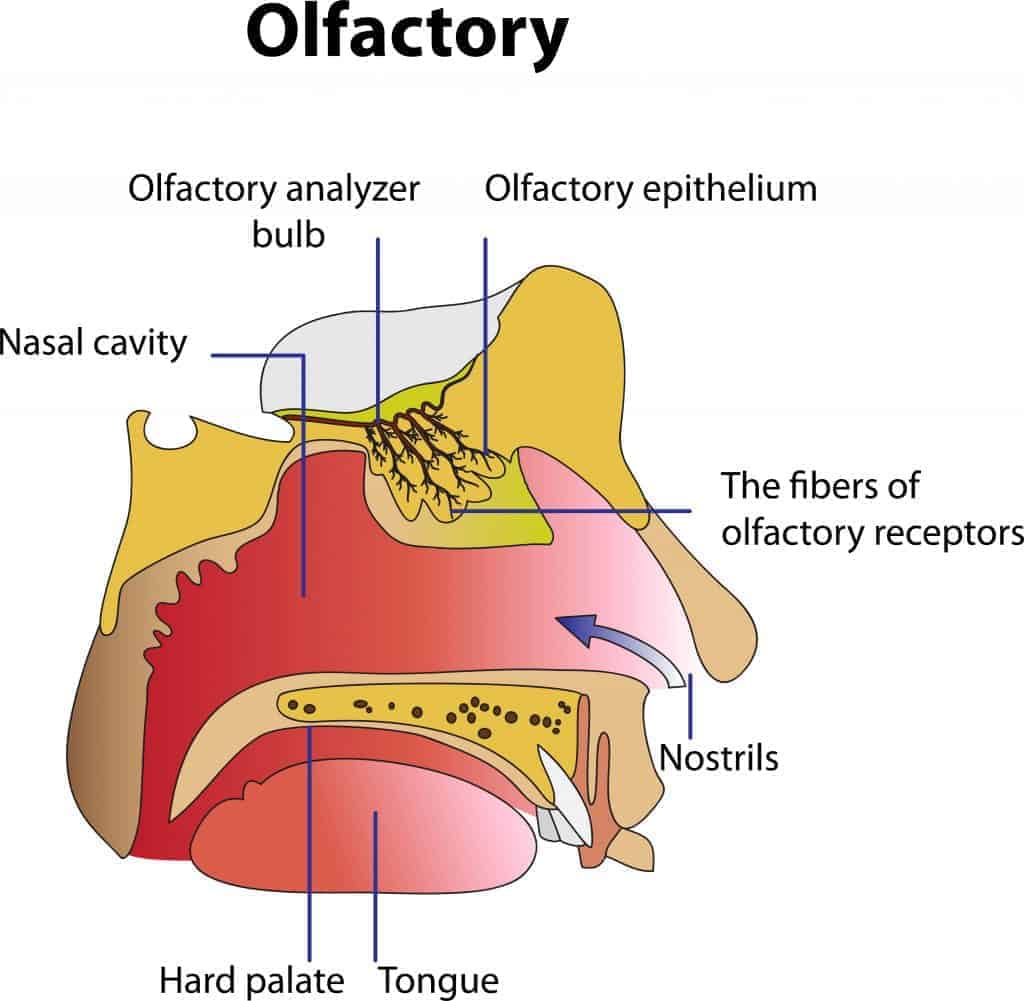
More Than Just Medicine
What do you mean more than JUST medicine? Medicine seems pretty legit to me. However, essential oils are a cost effective way to clean your floors, your hair, and your skin without any toxins. You can replace $8.00 floor cleaners or $20.00 bath soaks with just a few mere drops of essential oil! To ensure quality, look for certified organic essential oils, you want to find pure, unadulterated oils which were grown and packaged without pesticides, chemicals, or diluents.
- Add 2 drops of rosemary oil to every ounce of conditioner to strengthen your hair
- Add 20 drops of orange oil to 14 ounces of distilled water and 2 ounces of white vinegar to make a floor cleaner that is tough as nails on grease.
- Add 3 drops of lavender oil and some magnesium chloride to your bath for a relaxing daily detox.
- Remember how some bugs are repelled by the things pollinators are attracted to? Dilute some peppermint oil with water and you have a DEET-free insect repellant.
- Due to it’s antimicrobial properties, adding 2-3 drops of tea tree oil to a cotton puff and dabbing on acne-prone skin can aid in fighting off blemishes.
Since the beginning of time, essential oils have been used to improve our ancestors’ quality of life. Today, we too can use essential oils in a variety of ways to enhance our everyday life. As long as you are buying oils that were extracted from an organically sourced plant, you are inhaling pure chemical compounds with naturally beneficial properties. Essential oils offer an eco-friendly, sustainable solution to cleaning, cosmetic, and therapeutic purposes. Survival of the fittest depends on using the earth’s resources ethically and properly. Utilizing the purest form of a plant’s oil is a step in that direction.
